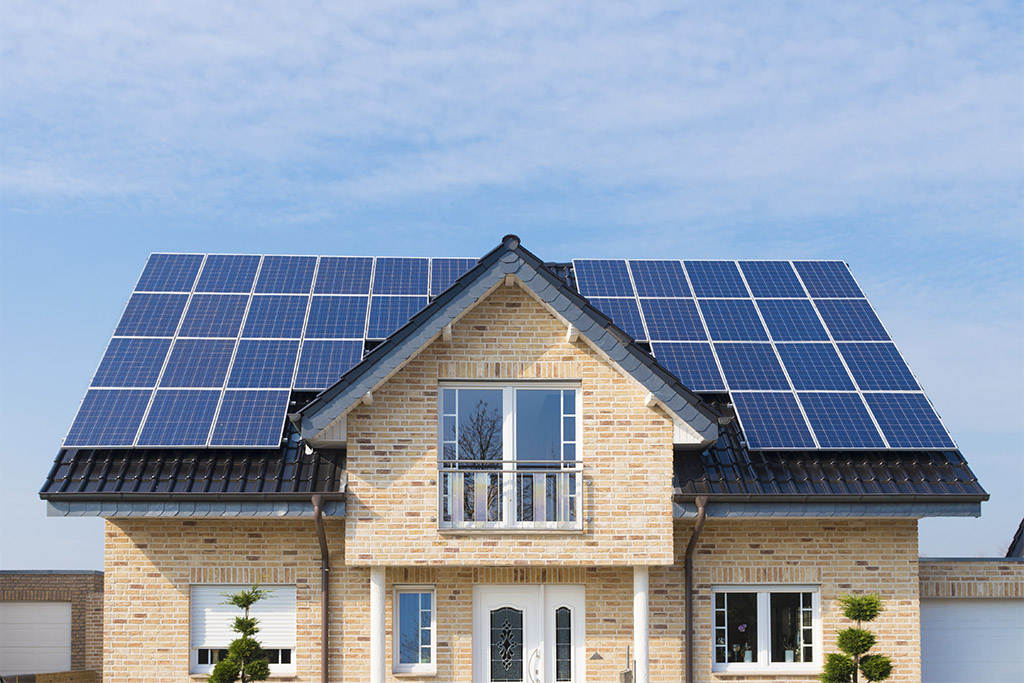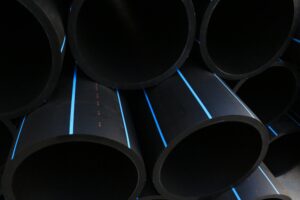Solar Panel Price in Pakistan and Solar power Inverter price
Solar panel prices in Pakistan have seen a significant decline over the past few years, making solar energy more accessible to households and businesses.

Introduction To Solar Panel Price in Pakistan
As Pakistan experiences an increasing demand for reliable and sustainable energy sources, solar power has emerged as a viable solution. Solar panels are a key component in harnessing solar energy, offering an environmentally friendly alternative to traditional energy sources. In this guide, we will explore the factors influencing solar panel price in Pakistan and discuss the cost of solar power inverters, a crucial component for an efficient solar energy system.
Understanding Solar Panel Pricing
Solar panel prices in Pakistan have seen a significant decline over the past few years, making solar energy more accessible to households and businesses. The price of solar panels can vary based on several factors, including:
- Type of Solar Panel: There are different types of solar panels, such as monocrystalline, polycrystalline, and thin-film panels. Monocrystalline panels are generally more efficient and expensive compared to polycrystalline and thin-film panels. The choice of panel type can impact the overall cost of your solar energy system.
- Panel Efficiency: Higher efficiency panels convert more sunlight into electricity, but they also come at a higher price. If you have limited space, investing in high-efficiency panels might be more cost-effective in the long run.
- Brand and Quality: Established brands with a reputation for quality and durability tend to have higher prices. Investing in well-known brands can offer better performance and longevity.
- Installation Costs: The price of solar panels is not just about the panels themselves. Installation costs can vary based on the complexity of the installation, the size of the system, and the location.
- Government Subsidies and Incentives: The Pakistani government offers various subsidies and incentives to promote solar energy adoption. These incentives can significantly reduce the upfront cost of solar panels.
If you want to know more information about solar power inverter price in Pakistan visit sun life solar.
Current Solar Panel Prices in Pakistan
As of 2024, the prices for solar panels in Pakistan range widely depending on the factors mentioned above. On average, you can expect to pay:
- Monocrystalline Panels: PKR 40,000 to PKR 70,000 per panel (300W to 400W)
- Polycrystalline Panels: PKR 30,000 to PKR 60,000 per panel (300W to 400W)
- Thin-Film Panels: PKR 25,000 to PKR 50,000 per panel (300W to 400W)
The overall cost of a solar panel system will depend on the number of panels required to meet your energy needs. For a typical residential system of 5 kW, the total cost of panels alone might range from PKR 200,000 to PKR 350,000.
Solar Power Inverter Prices in Pakistan
A solar power inverter is an essential component of a solar energy system, converting the direct current (DC) generated by solar panels into alternating current (AC) used by household appliances. The price of solar inverters varies based on their capacity and technology. Here’s a breakdown of current inverter prices:
- String Inverters: PKR 40,000 to PKR 80,000 (for systems up to 5 kW)
- Hybrid Inverters: PKR 80,000 to PKR 150,000 (for systems up to 10 kW)
- Microinverters: PKR 15,000 to PKR 25,000 per unit (suitable for small residential systems)
Investing in a high-quality inverter is crucial for the efficiency and longevity of your solar energy system. Hybrid inverters, which offer battery storage options, are more expensive but provide additional benefits like energy storage and backup power.
Factors Affecting Solar Power Inverter Prices
- Capacity: The inverter’s capacity, measured in kilowatts (kW), affects its price. Higher capacity inverters are more expensive but necessary for larger solar systems.
- Type: String inverters are commonly used for residential systems and are generally more affordable. Hybrid inverters offer additional features such as battery integration and are priced higher. Microinverters are used for optimizing the performance of individual panels and come at a premium.
- Brand and Warranty: Reputable brands with longer warranties often come at a higher price but offer better reliability and support.
- Additional Features: Some inverters come with advanced features like monitoring systems, which can increase the cost but provide valuable insights into your system’s performance.
Cost-Benefit Analysis of Solar Energy
When considering the cost of solar panels and inverters, it’s important to conduct a cost-benefit analysis to understand the long-term savings and benefits:
- Reduction in Electricity Bills: Solar panels can significantly reduce or even eliminate your electricity bills, depending on the size of the system and your energy consumption.
- Return on Investment (ROI): Solar energy systems typically offer a return on investment within 5 to 7 years, with potential savings extending beyond this period.
- Increased Property Value: Installing solar panels can increase the value of your property, making it an attractive feature for potential buyers.
- Environmental Impact: Solar energy is a clean, renewable source that reduces your carbon footprint and contributes to environmental sustainability.
Financing Options for Solar Panels
To make solar energy more accessible, various financing options are available:
- Solar Loans: Many banks and financial institutions offer loans specifically for solar panel installations. These loans often come with favorable terms and interest rates.
- Leasing and Power Purchase Agreements (PPAs): Leasing options allow you to install solar panels with little to no upfront cost, while a PPA involves purchasing the electricity generated by the system at a fixed rate.
- Government Subsidies: The Pakistani government offers subsidies and incentives to reduce the cost of solar installations. Be sure to check the latest policies and programs available.
Conclusion
Solar panels and inverters represent a significant investment, but the long-term benefits of solar energy—such as reduced electricity bills, environmental impact, and increased property value—make it a worthwhile consideration. By understanding the factors influencing prices and exploring financing options, you can make an informed decision about adopting solar power in Pakistan.
For the most up-to-date information on solar panel and inverter prices, it’s advisable to contact local suppliers and installers. With advancements in technology and decreasing costs, now is a great time to consider transitioning to solar energy.





